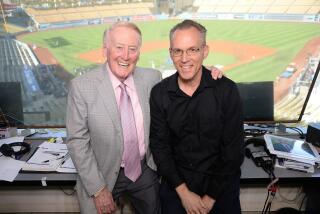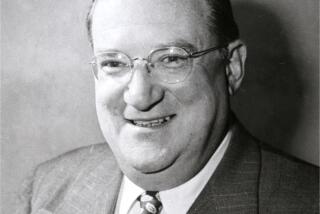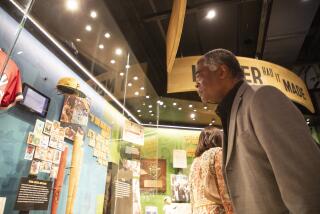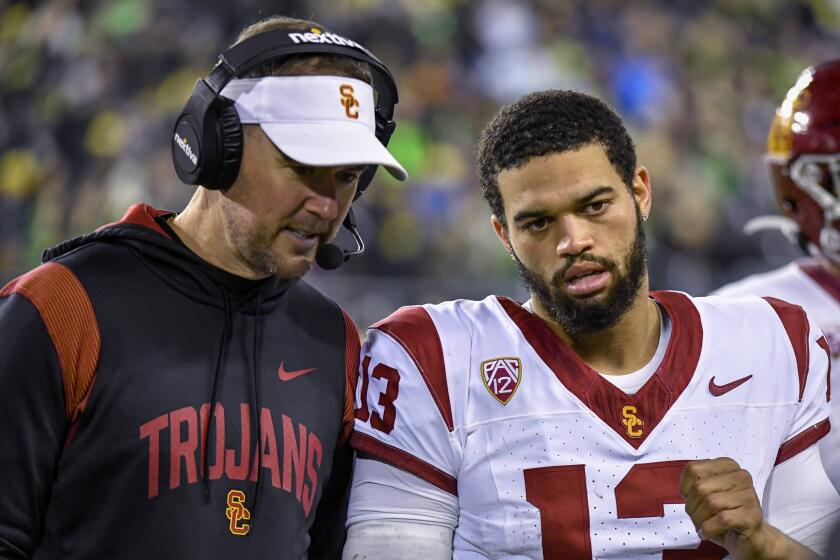Emotional Day for Eckersley and Molitor
COOPERSTOWN, N.Y. — Dennis Eckersley can still come up with the save in a tough spot.
Flanked by 50 Hall of Famers, cheered by hundreds of fans, and staring out at his parents, Eckersley repeatedly fought back tears on Sunday and managed to complete his induction speech into the Baseball Hall of Fame.
The cocky right-hander with the mustache and shaggy hair was humbled as never before.
“It was brutal. I’ve never been through something like this. I can’t explain it,” said Eckersley, who was elected on the first ballot in January with former Milwaukee Brewer star Paul Molitor.
“I’ve been nervous before, but you just don’t know how it’s going to come off. I’d rather pitch. It’s overwhelming.”
Eckersley grew up in Fremont, Calif., and his parents were always near when he was playing ball. His father, Wallace, would leave work early to watch him play, coached Little League and even dragged the infield before and after games while his mother, Bernice, worked the snack bar.
They were there on Sunday, even though Eckersley’s father is confined to a wheelchair and uses an oxygen tank because of emphysema.
“My parents were there for me, and they’re here for me now,” Eckersley said. “My dad struggled to get here today, and both of us knew nothing could have stood in the way of us sharing this moment together.”
Eckersley, who broke in with Cleveland in 1975, began his career anew after the Chicago Cubs dealt him to Oakland at the start of the 1987 season -- when his baseball life seemed all but over because of a drinking problem.
Under the guidance of manager Tony La Russa and bullpen coach Dave Duncan, Eckersley was converted from a starter into an overpowering reliever for the A’s and quickly became the game’s dominant closer.
But without seeking help for his alcoholism before that season, Eckersley wouldn’t have attained the highest honor in the sport.
Recalling that struggle produced the most poignant moment of his speech.
“I was spiraling out of control personally. I knew I had come to a crossroads in my life. With the grace of God, I got sober and I saved my life,” Eckersley said, pausing to regain his composure as the crowd applauded loudly. “I was a new man, a renewed man. It took a great deal of acceptance to come to terms with being an alcoholic, but acceptance was the key to my sobriety. If I had not gained acceptance at that time in my life, I would not be standing here today. My career would not have taken me this far.”
Molitor had praise for his deceased parents.
“Somehow, in the midst of raising eight kids, she managed to see me play a lot of games,” Molitor said of his mother, who died in 1988. “But my mom always thought she was a jinx. She’d come to the games and watch them from her car or she’d hide behind a tree. It continued even to the major leagues. I’d leave her seats in the family section and I couldn’t find her. She’d walk around looking for an empty seat.”
His father died of cancer two years ago but knew this day would come. “He had told his doctors that they’d better get him healthy because he had a date in Cooperstown,” said Molitor, who wears a Brewer uniform on his Hall of Fame plaque. “I know how much he wanted to be here.”
Also inducted were longtime broadcaster Lon Simmons, who won the Ford C. Frick Award for contributions to baseball broadcasting. The New York Times’ Murray Chass gained entrance as the J.G. Taylor Spink Award recipient for meritorious contributions to baseball writing.
More to Read
Go beyond the scoreboard
Get the latest on L.A.'s teams in the daily Sports Report newsletter.
You may occasionally receive promotional content from the Los Angeles Times.










